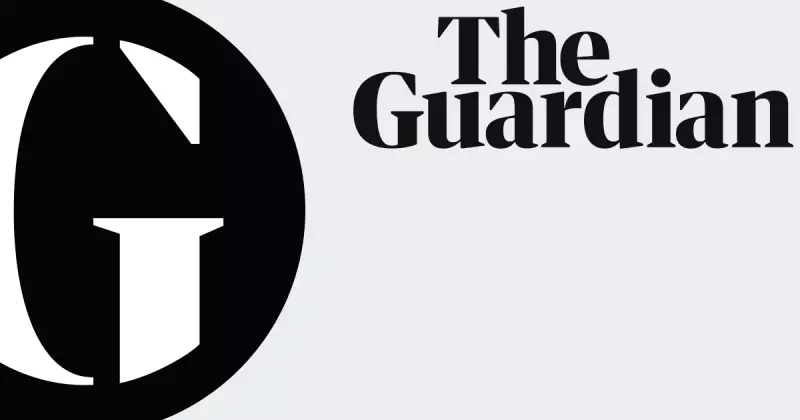
In a move that signals a significant hardening of its foreign policy stance, the Australian government has officially expelled the Iranian Ambassador from Canberra. The decision, announced during a week of intense parliamentary activity, marks a severe diplomatic censure and underscores growing tensions between the two nations.
The expulsion renders the diplomat persona non grata, a formal status that necessitates their departure from the country. This drastic step is one of the most powerful tools in a government's diplomatic arsenal, reserved for the most serious of international disagreements.
A Parliament in Overdrive
Against the backdrop of this diplomatic rupture, Defence Minister and Deputy Prime Minister Richard Marles faced a gruelling schedule. Parliament was seized by what insiders are calling a 'week of abundance', with a packed agenda demanding the government's attention across multiple fronts.
Marles was tasked with steering critical discussions and defending the government's position on a range of issues, all while the fallout from the expulsion decision began to reverberate through the halls of power.
The Implications of a Decision
While the specific catalyst for the expulsion was not detailed in the initial report, such actions are typically precipitated by a fundamental breach of trust or a direct challenge to a host nation's sovereignty and values. The move will inevitably recalibrate Australia's relationship with Iran, potentially affecting trade, security dialogues, and regional cooperation.
This week's events have placed the Albanese government's diplomatic strategy and its handling of complex international relations under a powerful spotlight, setting the stage for a potentially prolonged period of strained bilateral relations.





